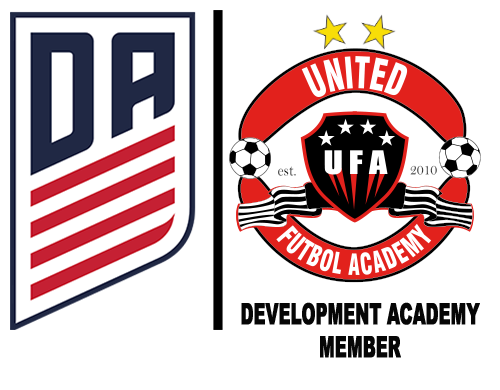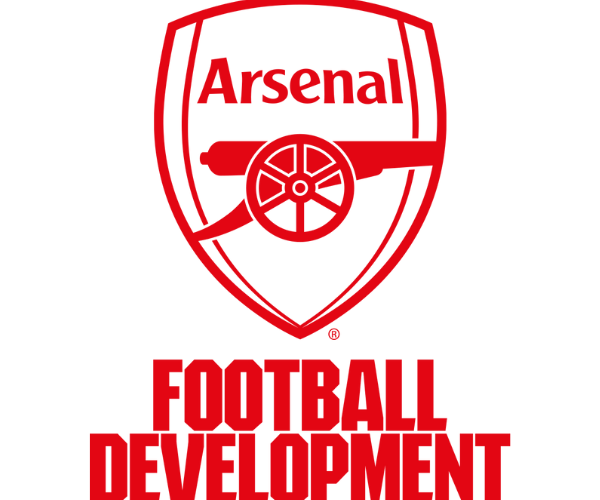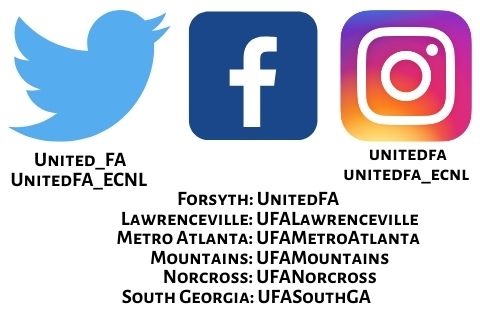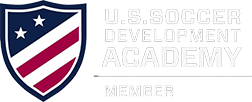Referee Abuse Policy
|
As coaches and parents, we often hold our young referees to an impossible standard, and unfortunately, we feel entitled to voice our criticism, which can quickly turn into abuse. The result? Over 50% of referees leave the field within their first year. The average age of a youth soccer referee is between 13 and 18. Imagine a teenager, nervous and trying to develop life skills, preparing for adulthood, and learning to work, all while being yelled at for every mistake. And these aren't even your own kids – they’re random young people, doing their best. Think about trying to teach a child to read. Every time they mispronounce a word, you start yelling at them, calling them out for their mistakes. Or imagine you’re starting a new job, and every single error you make is micromanaged and pointed out on your very first day. Would that feel fair or comfortable? Would you feel respected? This is the environment we’re creating for our youth sports officials. By yelling at referees, we’re normalizing micromanagement, disrespect, and undermining behavior. Is it acceptable to yell at kids we see at the park or school just because they’re making mistakes? Would we consider that abuse? Would you feel okay if your own child were the referee? Malcolm Gladwell’s research tells us that it takes about 10,000 hours to become an expert in a field. In soccer terms, that’s the equivalent of spending 13 years refereeing (if you worked every single day). We’re asking young refs to be experts and to avoid mistakes within a season or two – an expectation that is simply unrealistic. That’s why we have mentors who stay with our young refs, providing feedback at halftime and after the game. The goal is to create a safe environment where they can learn not just skills, but confidence, while growing into capable officials. Mentors are also there to handle any major issues or concerns, ensuring a positive and supportive learning environment. The most helpful thing parents and coaches can do is to educate themselves on the rules of the game. Soccer is a physical sport, and not every fall is a foul, nor is every handball intentional. Referees are providing a valuable service to ensure a safe and fair environment for the youth who are learning the sport. Coaches’ roles are to create an environment for the players to learn to play the beautiful game. The parents’ role is to enjoy watching the kids play and support their development – and the best way to do that is by respecting the referees and leaving them to do their job. Coaches set the tone for how referees are treated. If a coach were to say, “Nobody talks to the referee. If there’s anything that needs to be addressed, you talk to me,” it would create a respectful atmosphere. We even provide coaches with time to discuss feedback with referees if needed. Imagine if your coach said, “If you talk to the referee, it will affect your child’s playing time.” Would your behavior toward referees change? There’s a volleyball team in Michigan that implemented a rule: if parents yell or question anything—even the score—their child sits out a set. The club also enforces a policy where parents who abuse officials must pay a $500 fee if the referee identifies them. How many incidents do you think they’ve had since putting this policy in place? The best way to retain referees is by showing them the two pillars of growth: kindness and patience. If we treat them with respect and understand they need time to develop, we can create an environment that fosters successful, confident officials. As parents and coaches, we are the role models who shape the environment that helps both players and referees grow. Picture a car with four wheels: one for the players, one for the coaches, one for the parents, and one for the referees. If any of these wheels aren’t working in harmony, the car can’t move forward. Let’s work together to make sure every wheel is turning smoothly, for the sake of the kids and the future of the game.
|
|
U.S. Soccer and UFA are committed to providing a safe, respectful environment for all. The bright future of soccer depends on creating a safer, more inclusive environment, where no one ever feels that his or her well-being is at risk.
Win, lose, or draw, we’re in this together. When you take your anger out on the referee, everybody loses, and the call on the field still stands. UFA’S APPROACH: ZERO TOLERANCE Coaches, Players and Spectators are not to criticize, critique or question the referee during or after the game. Any questions/concerns need to be directed to the mentor/supervisor at the field, the referee assignor, or the program director. Continuously and repeatedly questioning calls (even if done respectfully) undermines the referee’s authority and can damage the referee’s credibility and this then undermines their ability to effectively officiate the game. Coaches: Lead by Example. Set the tone for Good Sportsmanship with your players. Parents & Spectators: Cheer for your team, not against the referee. Help create a positive environment. Players: Respect your referees, whether you agree with their calls or not. Referees: Know that your voice matters. Report abuse and keep the game safe. |

























